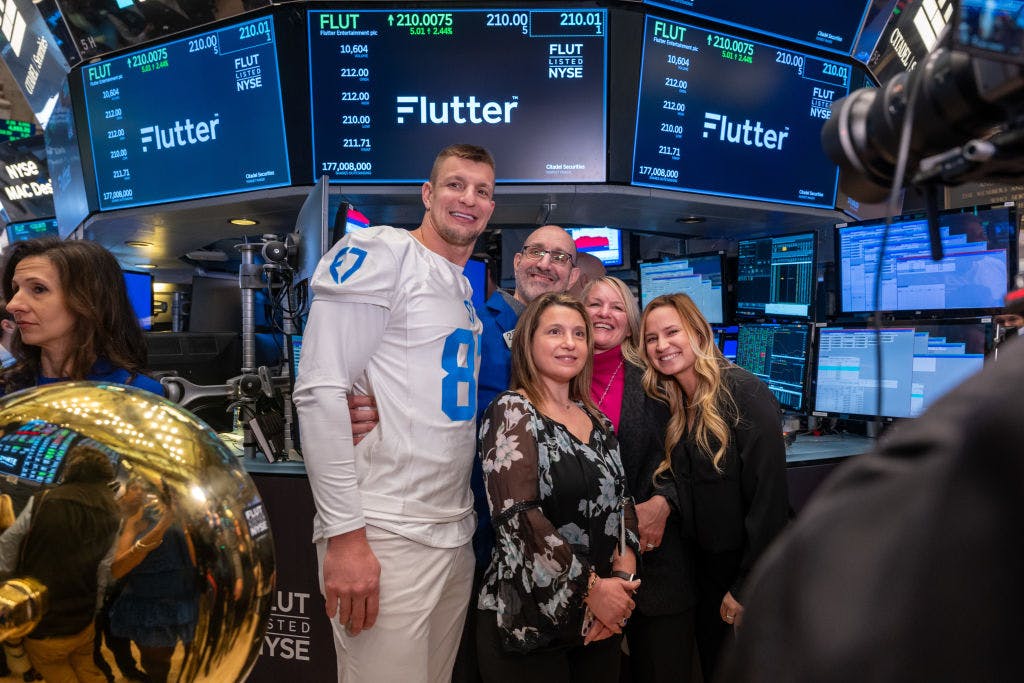
FBI Releases Unsettling Images and Video of Heavily Disguised Suspect in Nancy Guthrie Kidnapping
By DANIEL EDWARD ROSEN
|Should FanDuel and their buddies prevail with this tactic of siccing government regulators on their competition, the biggest losers will be the tens of millions of Americans who have fallen in love with fantasy sports.

Already have a subscription? Sign in to continue reading

By DANIEL EDWARD ROSEN
|
By JOTAM CONFINO
|
By JOTAM CONFINO
$0.01/day for 60 days
Cancel anytime
By continuing you agree to our Privacy Policy and Terms of Service.